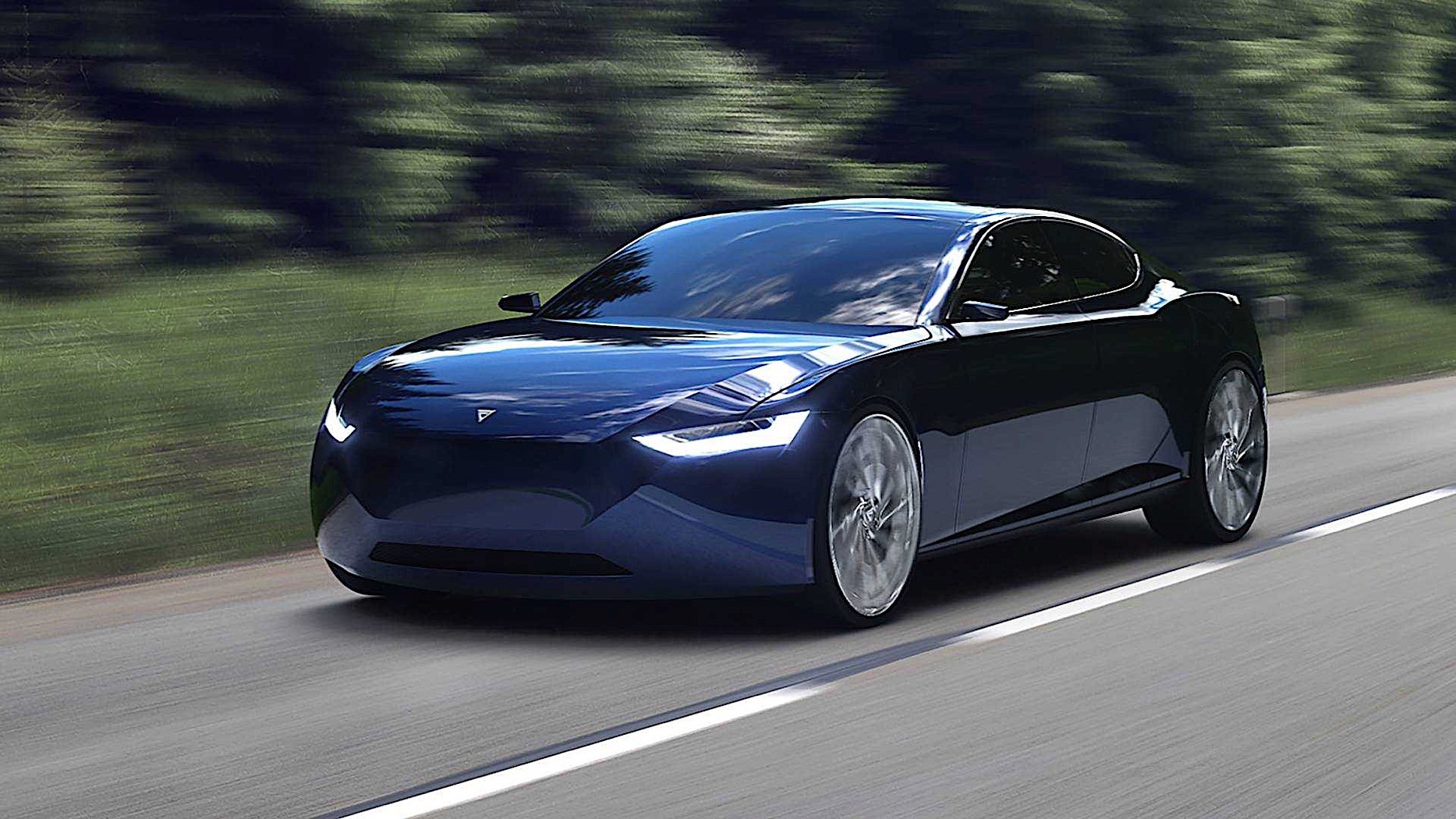Tesla delivered a record number of electric cars in 2021 — almost a million. After 10 years, the founder of the brand, Elon Musk, wants to sell 20 million cars every year. Investing figured out which of the manufacturers will be able to compete in the market over the next 12 months, and which EV-related stocks stand to profit the most from this trend.
Intensification of competition
In Europe, e-mobility is actively moving forward, as Brussels understands very well that this is the only way to achieve ambitious climate goals.
Apart from Great Britain and France, Germany is the most important driving force in the development of this trend. As late as 2020, the share of sales of plug-in hybrids and fully electric cars in the German market was almost 16%.
But every car manufacturer has to take into account the limits of CO₂ emissions in force in the region, and if he does not comply with them, he needs to buy expensive CO₂ emission certificates to compensate for such environmental damage, or have to pay huge fines.
Among established manufacturers, Volvo (ST:VOLCARb) (50%), Faw (SZ:000800) (40%) and SAIC (SS:600104) (30%) have the largest share of electric vehicles in the total volume of car sales until 2025. This development will lead to increased competition for newcomers (Tesla, Nio (NYSE:NIO) & Co) in the automotive industry who are betting purely on electric drives.
In the long run, they will probably have a hard time convincing Gen Xers and Millennials to switch to another brand. Especially since many of them already find it difficult to say goodbye to the cherished radiator grills and powerful exhaust pipes. But the drive of the future is electric, as in a number of countries a legislative decision has already been made that the transport sector should be transferred to a CO₂-neutral option.
Norway ranks first in this regard: this country has committed to achieving the goal of carbon neutrality as early as 2025. This means that automakers who want to continue to exist in this market are forced to act accordingly. In Norway, there were 11,274 newly registered electric passenger cars in November (or 73.8% of total sales).
Troubleshooting lithium batteries and charging stations
The main materials that cannot be dispensed with in the production of electric cars are lithium, the basis of lithium batteries, copper, which is largely composed of electric cars, and also semiconductors, which are necessary for the functioning and communication of technical components. And the last thing, without which no electric car can travel a meter of the road, is electricity, not to mention charging stations, which ideally should be available in sufficient numbers everywhere.
Speaking of Germany, let us note that just a few days ago Enbw (DE:EBKG) opened the largest fast charging station in the country at the Kamener Kreuz interchange, where up to 52 electric vehicles can be easily and quickly charged. Such centers should be created as soon as possible so that drivers no longer make their purchase decision based solely on the range of the battery.
Now it is no longer a matter of economically profitable operation of charging stations, because the real goal is to choose the busiest routes from the very beginning and to make money from the new trend in the long term.
15 most promising shares
Here are 15 EV-related stocks that Wall Street analysts believe have the greatest upside potential over the next twelve months. These stocks are followed by at least 5 analysts and have at least 5 buy recommendations, as well as those with the greatest price potential. To be included in such a list, companies must have a market capitalization of at least $5 billion.
The list includes companies from the traditional automotive industry, such as manufacturers and suppliers, the semiconductor industry, as well as charging station operators, who can benefit from the general trend. All data are based on the relevant closing price on December 15, 2021:
| Company Name | 12-month average price target | Increment |
| ChargePoint (NYSE: CHPT) | $31.56 | 62.69% |
| Plug Power (NASDAQ: PLUG) | $49.22 | 58.77% |
| Li Auto (NASDAQ:LI) | $44.40 | 46.81% |
| XPeng | $59.81 | 40.53% |
| Fisker (NYSE:FSR) | $4.73 | 39.31% |
| Daimler (DE:DAIGn) | €99.39 | 38.54% |
| Vontier (NYSE: VNT) | $42.67 | 37.32% |
| Stellantis (NYSE:STLA) | €22.10 | 31% |
| Cummins (NYSE: CMI) | $276.77 | 26.25% |
| Magna International (NYSE:MGA) | $97.82 | 24.66% |
| Honda Motor (NYSE: HMC) | JPY 3,983.7 | 24.37% |
| SolarEdge Technologies (NASDAQ: SEDG) | $369.05 | 21.81% |
| General Motors (NYSE:GM) | $3,983.7 | 21.49% |
| Analog Devices (NASDAQ:ADI) | $369.05 | 19.39% |
| BMW (DE: BMW) | €106.98 | 19.34% |








